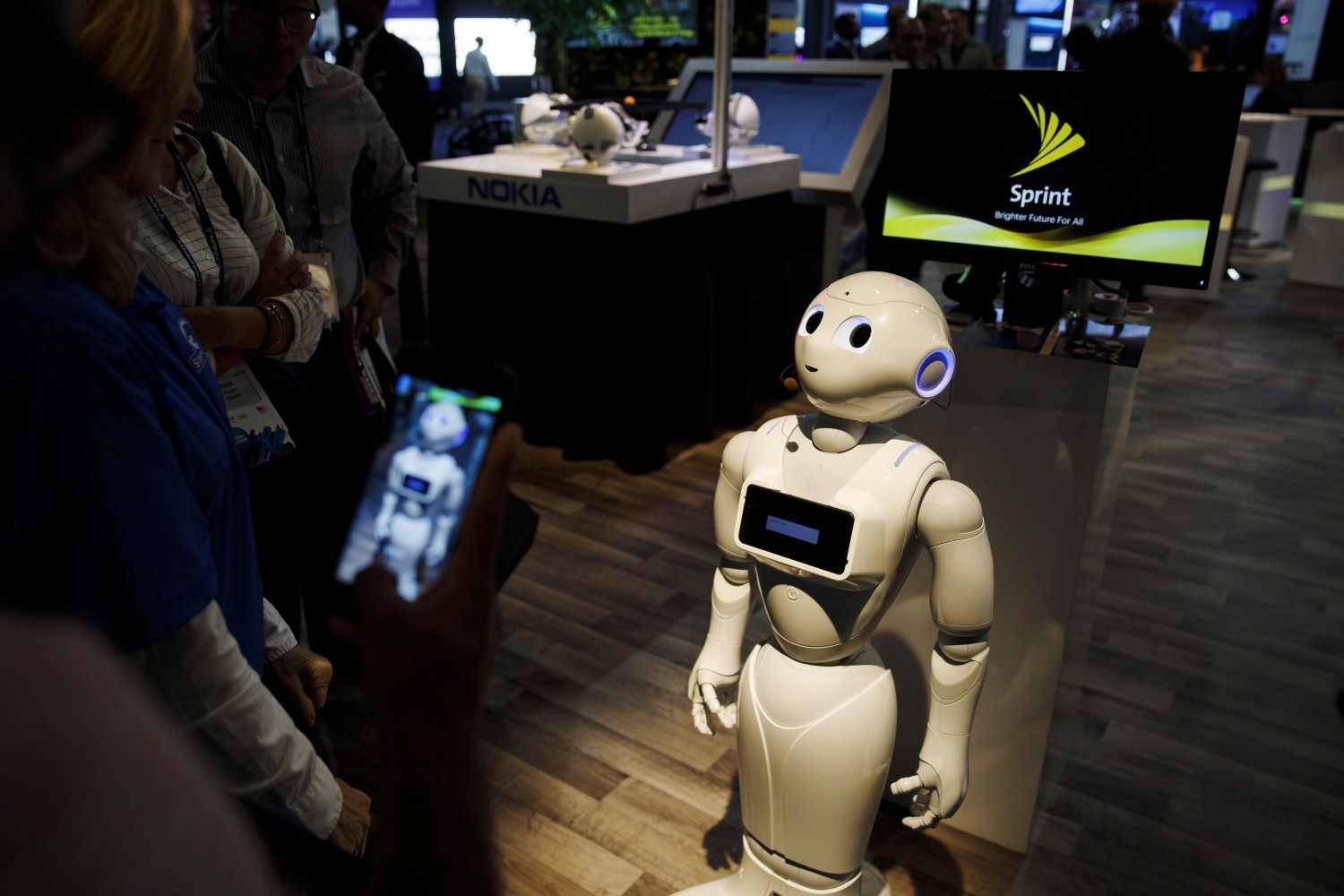Who would win in a test of wits: a baby or an artificial intelligence? You might think you know the answer to this; certainly, decades’ worth of science fiction stories about sinister robots have indicated that the machines would have an advantage. But a recent discovery suggests that we might have been going about this all wrong — and it might be time to start betting on the babies.
That’s the big takeaway from a new report at Gothamist, which recounts the findings of a recent NYU study. That study, titled “Commonsense psychology in human infants and machines,” pitted 11-month-old babies against what its authors dubbed “state-of-the-art learning-driven neural-network models.” What both groups were tested on was their sense of why people were doing certain things.
As the article explains, the 11-month-old babies were able to recognize goals and routines while observing a series of videos — and showed surprise when those changed. The artificial intelligence, by comparison, had a harder time recognizing the same things.
Elon Musk Is Apparently Very Serious About Building Human-Like Robots
A new article by the Tesla founder hints at a future filled with affordable bipedal machinesThe authors of the study view this as the first chapter in a much longer line of inquiry. In the paper’s abstract, they write that this work “takes the first step in testing whether human knowledge and human-like artificial intelligence can be built from the foundations cognitive and developmental theories postulate.” For those concerned about a potential robot uprising, this is encouraging news.
Thanks for reading InsideHook. Sign up for our daily newsletter and be in the know.
